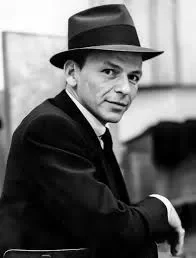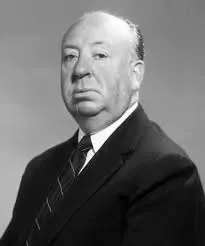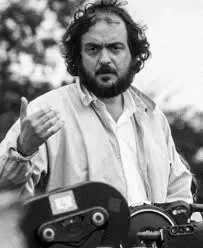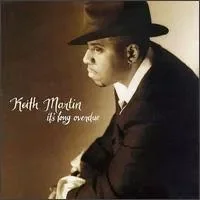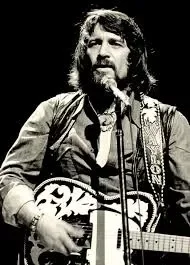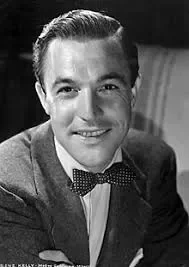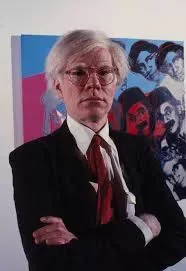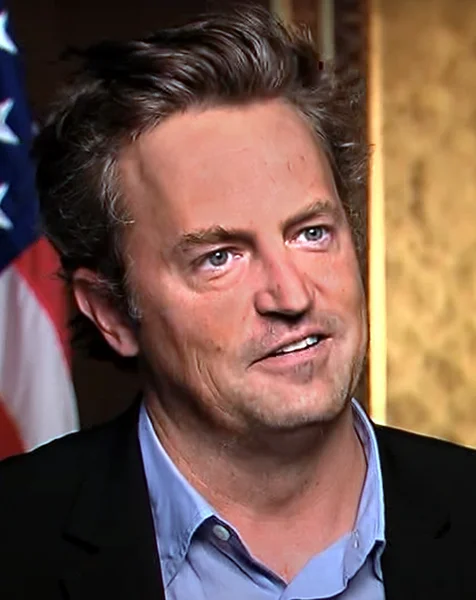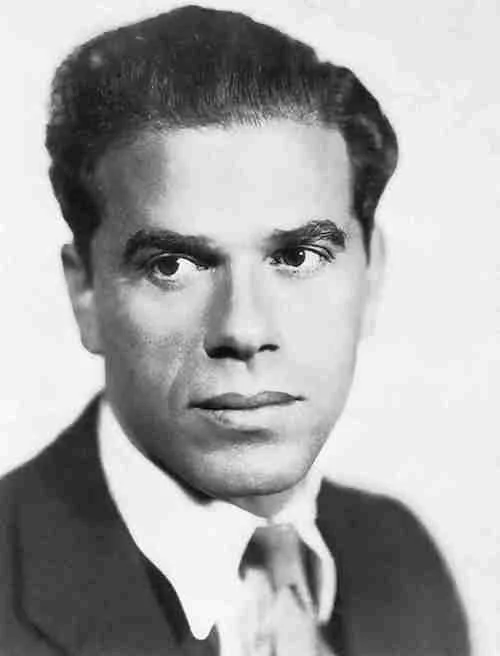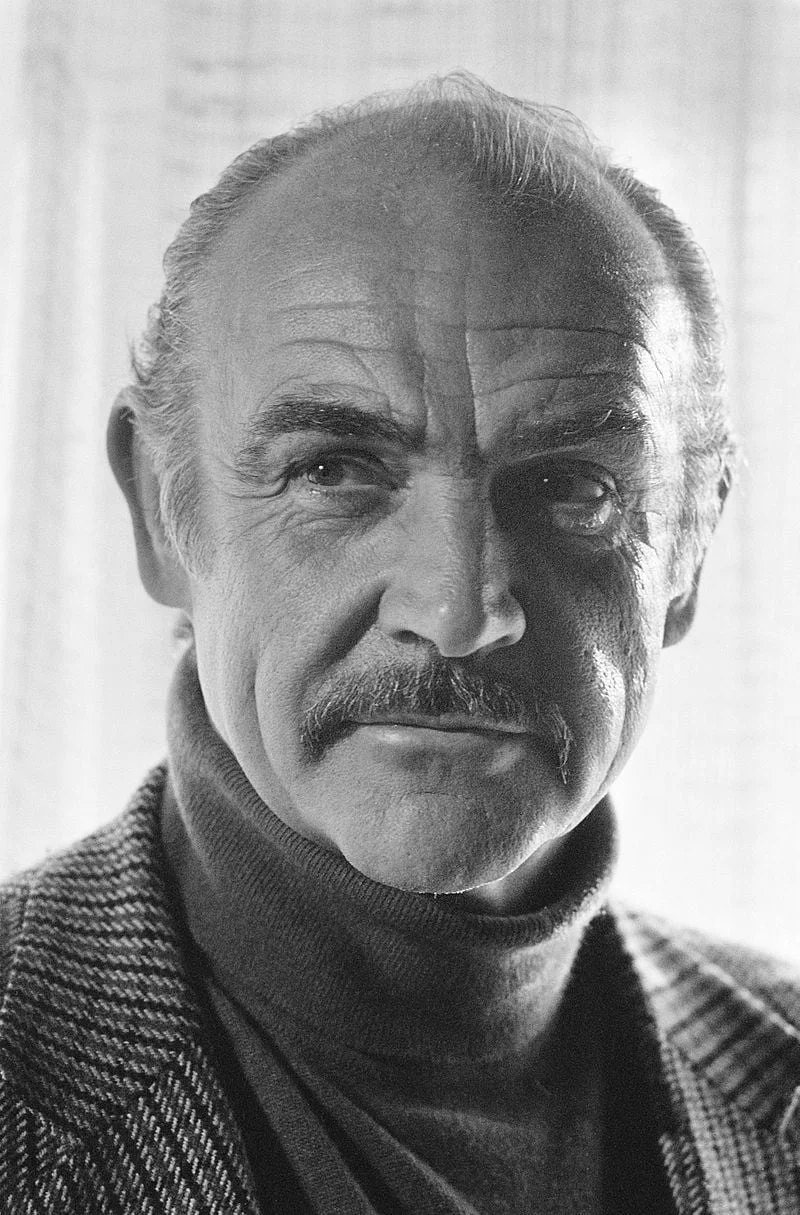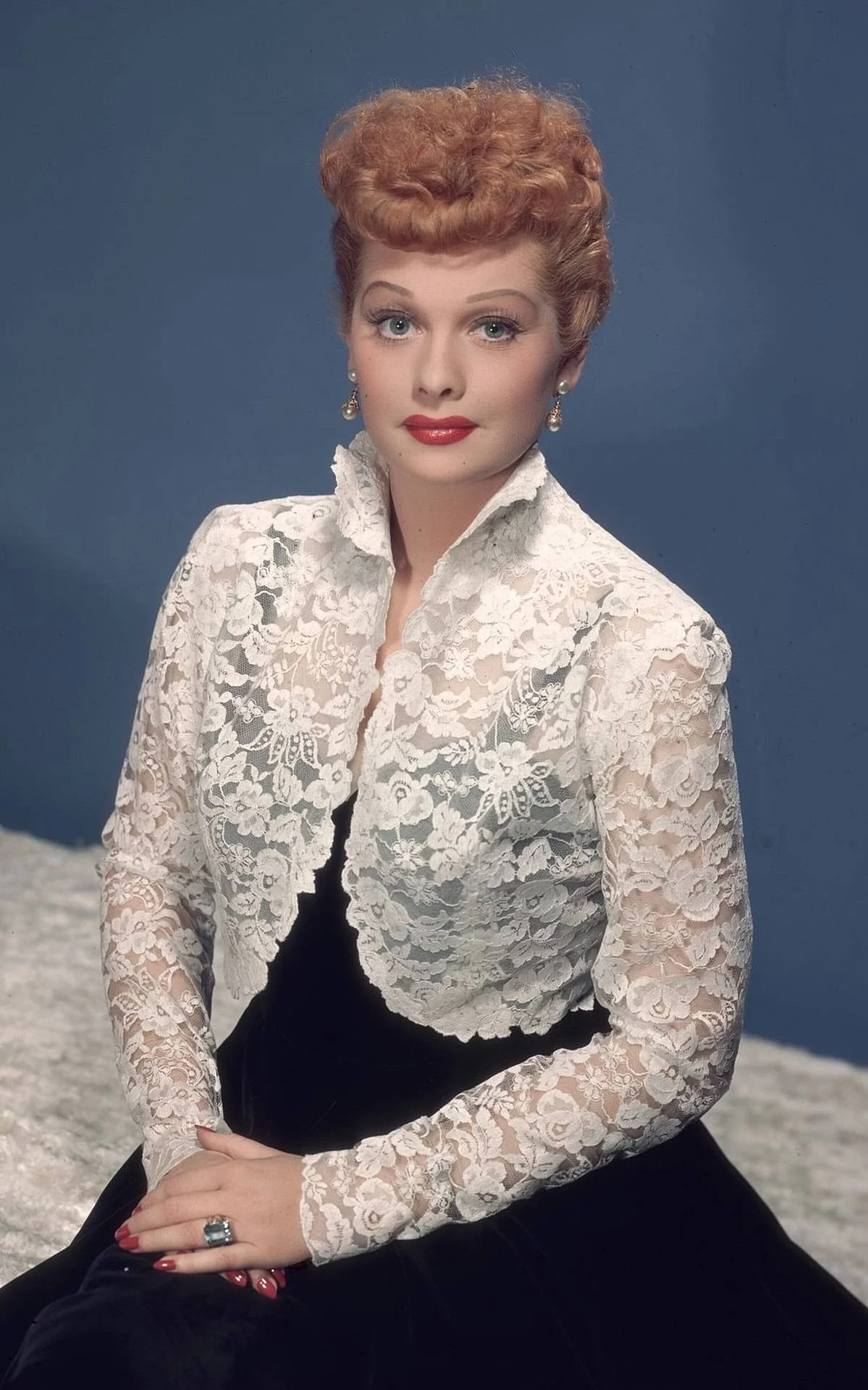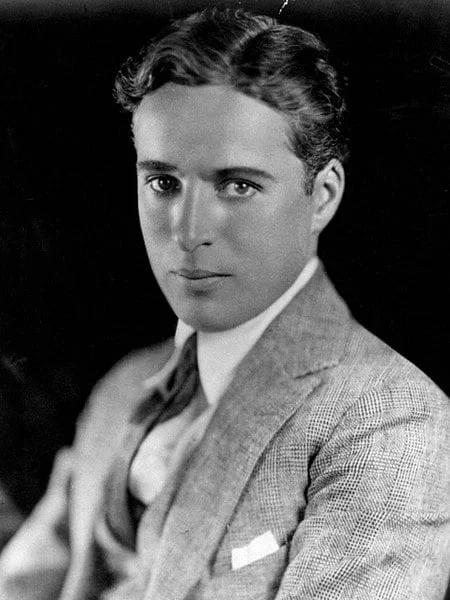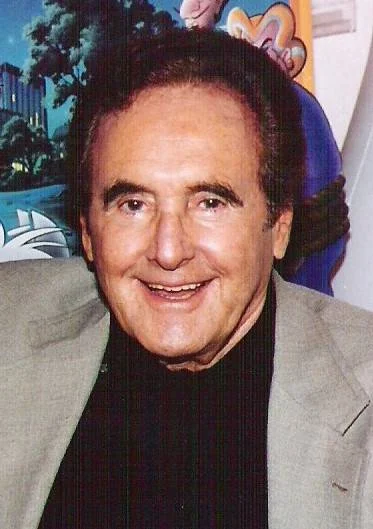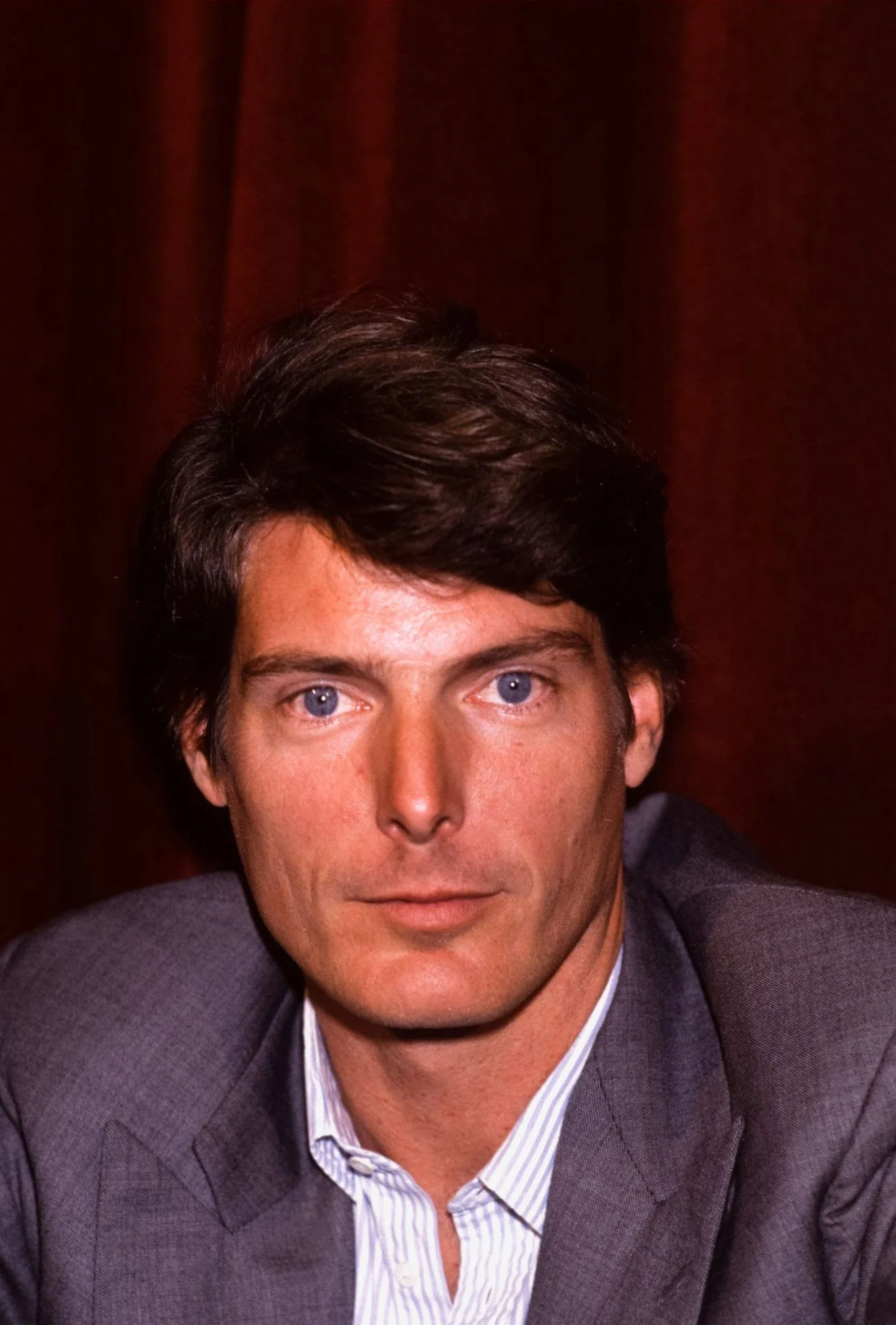Real Celebrities Never Die!
OR
Search For Past Celebrities Whose Birthday You Share
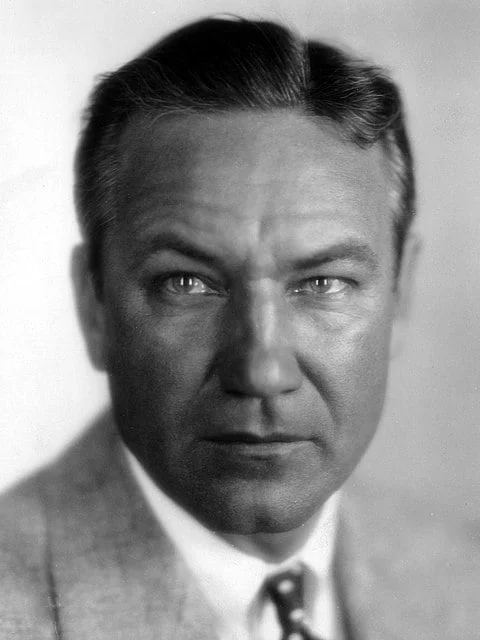
source:wikipedia.org
Victor Fleming
Birthday:
23 Feb, 1889
Date of Death:
06 Jan, 1949
Cause of death:
Heart attack
Nationality:
American
Famous As:
Cinematographer
Age at the time of death:
59
Victor Fleming's Quote's
Introduction to Victor Fleming
Victor Fleming, born on February 23, 1889, in La Cañada Flintridge, California, was a renowned American film director, cinematographer, and producer. Raised in a family with a background in the visual arts, Fleming’s early exposure to creativity and craftsmanship laid the foundation for his future success in the film industry.
Early Career and Beginnings
In his formative years, Victor Fleming displayed an affinity for photography and the burgeoning field of motion pictures. His interest led him to pursue a career in Hollywood during its nascent stages, where he initially worked as a camera assistant and later as a cinematographer. This hands-on experience behind the scenes equipped him with a profound understanding of the technical aspects of filmmaking.
Directorial Breakthrough
Fleming’s breakthrough came when he transitioned to directing, showcasing his talent in bringing stories to life on the silver screen. His directorial debut, “When the Clouds Roll By” (1919), marked the beginning of a prolific career that spanned several decades. His early works demonstrated a keen eye for visual storytelling and a mastery of the evolving cinematic medium.
Iconic Films: “The Wizard of Oz”
One of Fleming’s notable accomplishments includes his direction of “The Wizard of Oz” (1939), a cinematic masterpiece that has endured through generations. The film’s seamless blend of fantasy, music, and technicolor innovation solidified Fleming’s reputation as a visionary director. His ability to capture the essence of L. Frank Baum’s beloved tale contributed significantly to the movie’s critical acclaim and cultural impact.
Another Masterpiece: “Gone with the Wind”
In the same year, Victor Fleming also directed another iconic film, “Gone with the Wind”. This epic historical romance further showcased his versatility as a director, navigating the complexities of Margaret Mitchell’s novel with finesse. The film went on to become a monumental success, earning numerous accolades, including eight Academy Awards.
Directorial Style and Legacy
Fleming’s directorial style was characterized by a balance between spectacle and emotional resonance. His films often featured compelling narratives, dynamic visuals, and memorable performances from the actors. This unique blend contributed to the timeless appeal of his work.
Contributions Beyond Directing
Beyond his directorial achievements, Fleming’s contributions to the film industry extended to his role as a producer. His dedication to excellence earned him the respect of his peers, and his impact on Hollywood’s golden era remains indelible.
Personality and Collaboration
On a personal note, Victor Fleming was known for his amiable personality and collaborative spirit. Colleagues often praised his ability to inspire creativity and extract the best from his cast and crew. Despite the demanding nature of his profession, Fleming maintained a reputation for professionalism and passion for storytelling.
Tragic End and Legacy
Tragically, Victor Fleming’s life was cut short when he passed away on January 6, 1949, in Cottonwood, Arizona. His untimely death marked the end of an era in Hollywood, leaving behind a legacy that continues to influence filmmakers and captivate audiences worldwide.
Conclusion: Fleming’s Enduring Impact
In conclusion, Victor Fleming’s remarkable journey in the world of cinema is a testament to his enduring impact on the art of filmmaking. From his humble beginnings to the heights of Hollywood’s golden age, Fleming’s legacy lives on through the timeless films he brought to life, forever etching his name in the annals of cinematic history.
Name:
Victor Fleming
Popular Name:
Victor Fleming
Gender:
Male
Cause of Death:
Heart attack
Spouse:
Place of Birth:
La Cañada Flintridge, California, U.S.A
Place of Death:
Cottonwood, Arizona, U.S
Occupation / Profession:
Personality Type
Adventurer: Flexible and charming artists, always ready to explore and experience something new. His leadership in directing major films, his ability to manage and collaborate with diverse teams, his forward-thinking creativity, and his logical, goal-oriented approach shows his personality style.
Fleming had a passion for aviation, and during World War I, he served as a pilot in the United States Navy
Fleming started his career as a stunt driver and mechanic before becoming a cinematographer and director, using his mechanical aptitude to enter the film industry
Fleming wasn’t confined to directing; he also worked as a cinematographer and producer. His multifaceted skills allowed him to have a comprehensive understanding of the filmmaking process.
He served as the personal cinematographer for President Woodrow Wilson at the Versailles peace conference after World War I
In 1940, Fleming achieved a rare feat by winning two Academy Awards for Best Director in the same year. He received the honors for his work on “Gone with the Wind” and “The Wizard of Oz,” solidifying his status as a directorial powerhouse during Hollywood’s golden age.
Academy Awards (Oscars)
Directors Guild of America (DGA) Award


